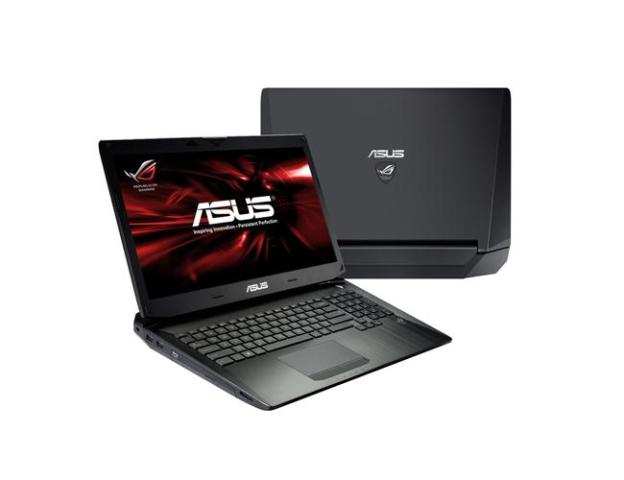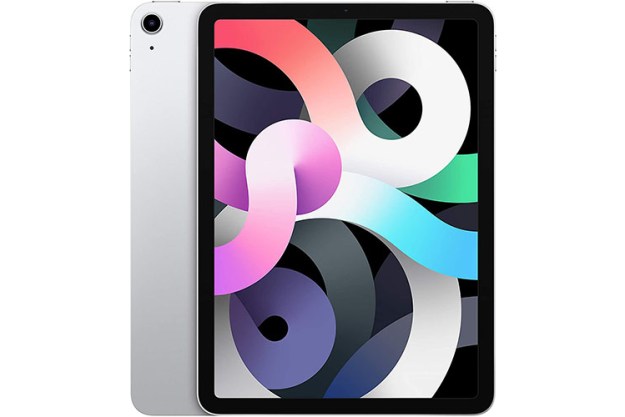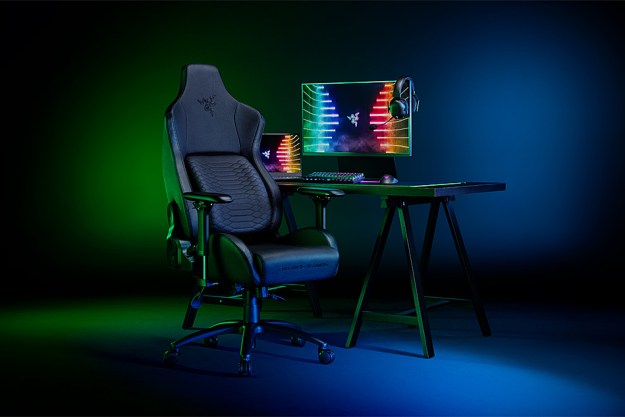
It’s a sweet time to be shopping for a brand new gaming laptop. With Razer, MSI, and Toshiba outing their top-of-the-line gaming machines, it’s time for Asus and its Republic of Gamers line to show ’em how it’s done.
Earlier this week, Asus unleashed its latest RoG G750 laptop at Computex in Taiwan, available in three different configurations. Like other laptops in this category, the G750 is more a desktop replacement than an Ultrabook, with its 17.3-inch screen that tops out at 1920 x 1080 pixel resolution and a 120Hz refresh rate (the entry model has a lower-resolution 1600 x 900 display). It seems Asus is content to let competitors like the MSI GT60 3K Edition, which has a near-Retina 2880 x 1620 display, duke it out for cramming the most pixels into a display.
Instead, the G750 focuses on packing the best components available into a sexy package. All three variants (G750JW, G750GX, G750JH) use the same fourth-generation 3.40GHz Intel Core i7 (4700HQ) processor, have a max of 32GB RAM, as well as Nvidia GeForce GTX700M series discrete graphics, and GDDR5 video RAM. The laptop has dual rear vents and two fans pushing out the heat so you don’t have to worry about your G750 overheating from your 24/7 gaming.
If you take a tour around the laptop, you’ll notice it has a Thunderbolt port, which means it is capable of moving large media files at up to 10Gbps. To store your massive collection of games on solid-state drives, you can opt for the incredible dual-256GB-SSD, dual-128GB-SSD configuration that won’t be available until August. We wonder how much these options will cost.
At 1.9 inches thick (at its thickest point; slims down to 0.6 inches at its thinnest) and 9.9 pounds, the G750 is practically a phone book next to the 0.88-inch thin Razer Blade. That said, its bulkier chassis does have some benefits: its unique angular shape offers an ergonomic incline to its backlit keyboard and aluminum palm rest (pictured right). Its trackpad recognizes gesture controls to make navigating Windows 8 easy, and still offers two physical buttons for clicking.
The base configuration (G750JW) retails for $1,400 and comes with the Nvidia GeForce GTX765M and 2GB of VRAM, a 1.5TB standard hard drive, as well as a combo DVD and Blu-ray drive. It is available worldwide now.
[Updated on June 6 at 9:11pm ET: Corrected the thickness of the laptop to 1.9 inches at its thickest, and 0.6 inch at its thinnest.]
[Updated on June 11 at 10:30am ET: Replaced reference to the Toshiba Qosmio X75 with the MSI GT60 3K Edition.]



